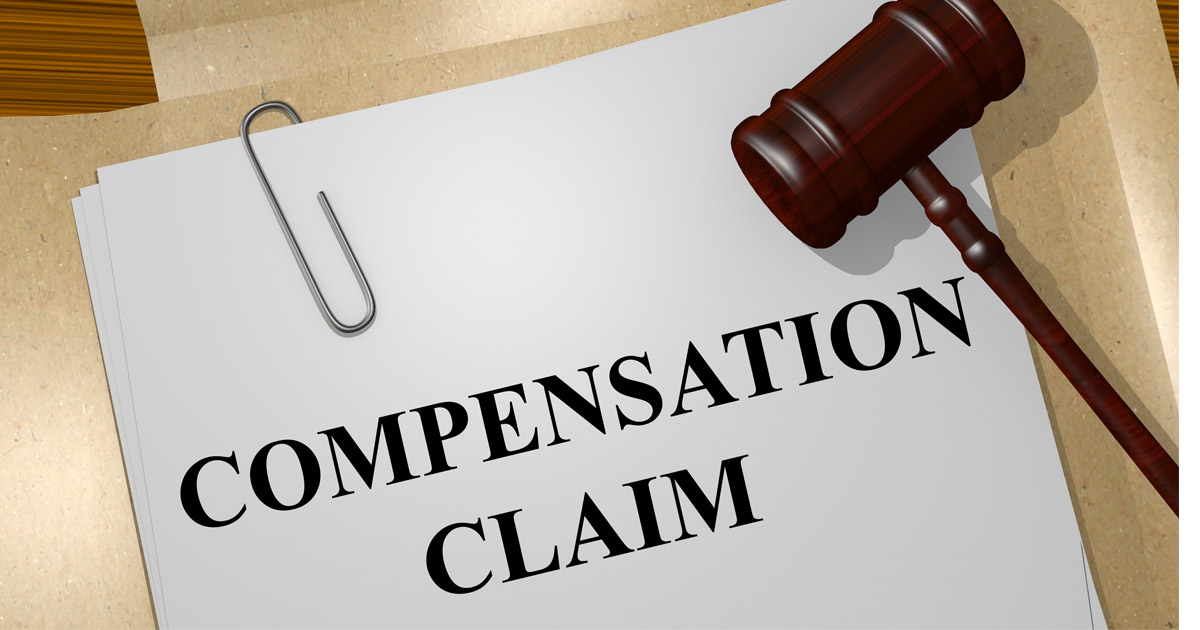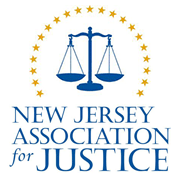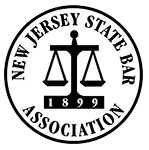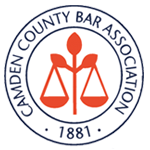A new law allows essential employees to gain easier access to workers’ compensation benefits for the Coronavirus (COVID-19). Under Senate Bill 2380, there is now a rebuttable presumption that essential employees who contract COVID-19 did so at work. This legislation is retroactive to March 9, 2020 and covers all New Jersey employees who are considered essential under the law.
Traditional Coverage Under the New Jersey Workers’ Compensation Act
The New Jersey Workers’ Compensation Act guarantees benefits to New Jersey employees who suffer job-related injuries or illnesses. Under the no-fault system, injured employees are eligible for medical expense compensation, wage replacement, and disability compensation, regardless of who was at-fault for their accident. In exchange, workers may not sue their employers directly, but rather must go through the workers’ compensation system as their exclusive remedy.
However, eligibility for workers’ compensation benefits hinges on one main question: did the injury or illness arise out of and in the course of employment? In other words, did the injury or illness either happen at work, or while the employee was engaged in job-related activities? Typically, if an employee cannot establish this connection, he or she will not be able to receive benefits.
Therefore, before the new law was enacted, workers who contracted COVID-19 would bear the burden of proving that they contracted it at work or while they were carrying out work duties. It was almost impossible for employees to prove that they caught the virus under those specific circumstances since infectious diseases may be contracted not just at work, but anywhere. Therefore, the essential employees who contracted COVID-19 and had to miss work were left without coverage.
Who is Covered by the New Essential Workers Law?
Under the new law, employees no longer have to prove that they contracted COVID-19 at work to qualify for workers’ compensation. There is now a rebuttable presumption that they contracted the virus because of work as long as their place of employment was somewhere other than their own residence. Employers can avoid paying workers’ compensation only if they can prove by a preponderance of the evidence, meaning it was more likely than not, that the essential employee was not exposed to COVID-19 at work.
However, only those who are considered essential employees under the law qualify, including public or private sector employees who are essential in support of statewide emergency response and recovery operations, or those who have duties and responsibilities that are essential to the public’s health, safety, and welfare. The bill provides the following examples of essential employees:
- Public safety workers/first responders, including fire, police, or emergency responders, and members of paid, partially paid, or volunteer fire or police departments
- Medical/health care workers, including emergency transportation workers, social service workers, and those who work in health care facilities, residential facilities, or nursing homes
- Those who perform functions near the public, such as transportation workers, hospitality workers, financial service workers, and retail workers
- Other employees deemed essential during a state of emergency
What Does the New Law Mean for Employers?
The new law is retroactive to March 9, 2020; therefore, employers will likely see a surge in workers’ compensation claims in the coming months. The law states that the amount of time an employee is unable to perform their job duties as a result of contracting COVID-19, such as hospitalization or self-quarantine time, is considered on-duty time. Employees are not required to use paid leave or other time off to cover those periods, and employers are not permitted to charge any paid leave for employee absences due to contracting or being exposed to COVID-19.
Rather, an employee’s time of incapacitation shall be considered an emergency hazard health duty covered by workers’ compensation. Therefore, employees who were forced to take personal or sick days while they had COVID-19 may now be able to recoup their expenses.
Critics of the Bill Cite Undue Financial Burden
Critics of the bill believe that it places an undue financial burden on employers who already suffered economic losses during the pandemic. The president of the New Jersey Business and Industry Association points out that there were federal funds under the Coronavirus Aid, Relief, and Economic Security Act (CARES Act) that were flagged for workers who contracted COVID-19 on the job. However, now employers are forced to shoulder those costs, regardless of whether a worker contracted the virus at work or not.
The law even retroactively applies to a time when New Jersey residents were under a stay-at-home order. However, essential workers who were still going to work, even if they were in settings other than work during that time, may now claim they contracted COVID-19 from work to collect benefits.
According to the language of the bill, any claims paid as a result of this new rebuttable presumption will not be calculated into employers’ experience modifier rates or otherwise negatively affect workers’ compensation premiums. Employers are instructed to treat workers filing for benefits under the new law the same as those filing for regular workers’ compensation and are reminded that the prohibition against retaliation against workers seeking benefits still applies.
Types of Workers’ Compensation Benefits in New Jersey
Workers’ compensation is an insurance program that provides benefits to employees who suffer job-related injuries or illnesses. In New Jersey, there are several types of benefits that employees may collect.
- Medical benefits. Under the New Jersey Workers’ Compensation Act, employees are entitled to payment for all necessary and reasonable medical treatment related to their work injury or illness. This includes prescriptions and hospitalization services.
- Temporary total benefits. If an injured employee misses work for more than seven days as a result of their work-related injury or illness, he or she is eligible to receive temporary total disability benefits. The rate of this payment is 70 percent of the worker’s average weekly wage, up to 75 percent of the Statewide Average Weekly Wage (SAWW).
- Permanent partial benefits. When a job-related injury prevents a worker from returning to their job, he or she may receive permanent partial benefits. This includes scheduled losses, such as injuries involving arms, hands, fingers, legs, feet, toes, eyes, ears, or teeth; and non-scheduled losses, such as those involving other parts of the body, including the back, heart, and lungs.
- Permanent total benefits. If a worker, owing to their work-related injury or illness, is not able to resume any type of gainful employment, they may be eligible for permanent total benefits. These benefits are paid for an initial period of 450 weeks at a rate of 70 percent of the worker’s average weekly wage, up to 75 percent of the SAWW.
- Death benefits. Dependents of workers who die of a work-related injury or illness may be entitled to death benefits. The weekly payment amount is equal to 70 percent of the deceased worker’s average weekly wage, up to the maximum benefit amount. Surviving spouses and natural children who were part of the decedent’s household at the time of death are presumed to be dependents. Additionally, employers are responsible for up to $3,500 in funeral expenses.
South Jersey Workers’ Compensation Lawyers at Pietras Saracino Smith & Meeks, LLP Help Essential Workers During the Pandemic
If you are an essential worker and you contracted COVID-19, contact the South Jersey workers’ compensation lawyers at Pietras Saracino Smith & Meeks, LLP. We can help you obtain the benefits to which you are entitled, including medical expenses and wage loss compensation. Call us today at 856-761-3773 or contact us online for a free consultation. Located in Cherry Hill, New Jersey, we represent workers throughout South Jersey, including Camden, Cinnaminson, Delran, Maple Shade, and Pennsauken.













